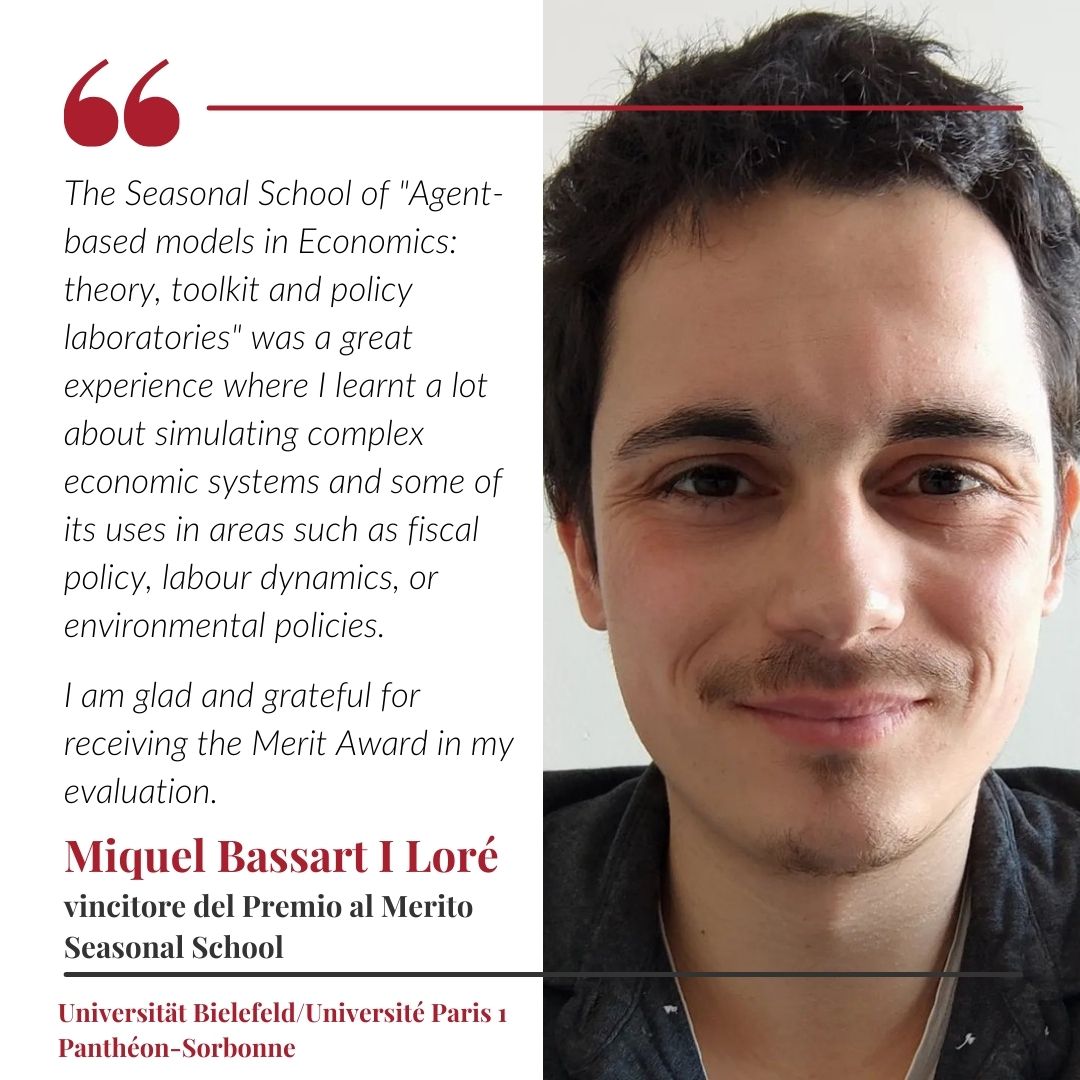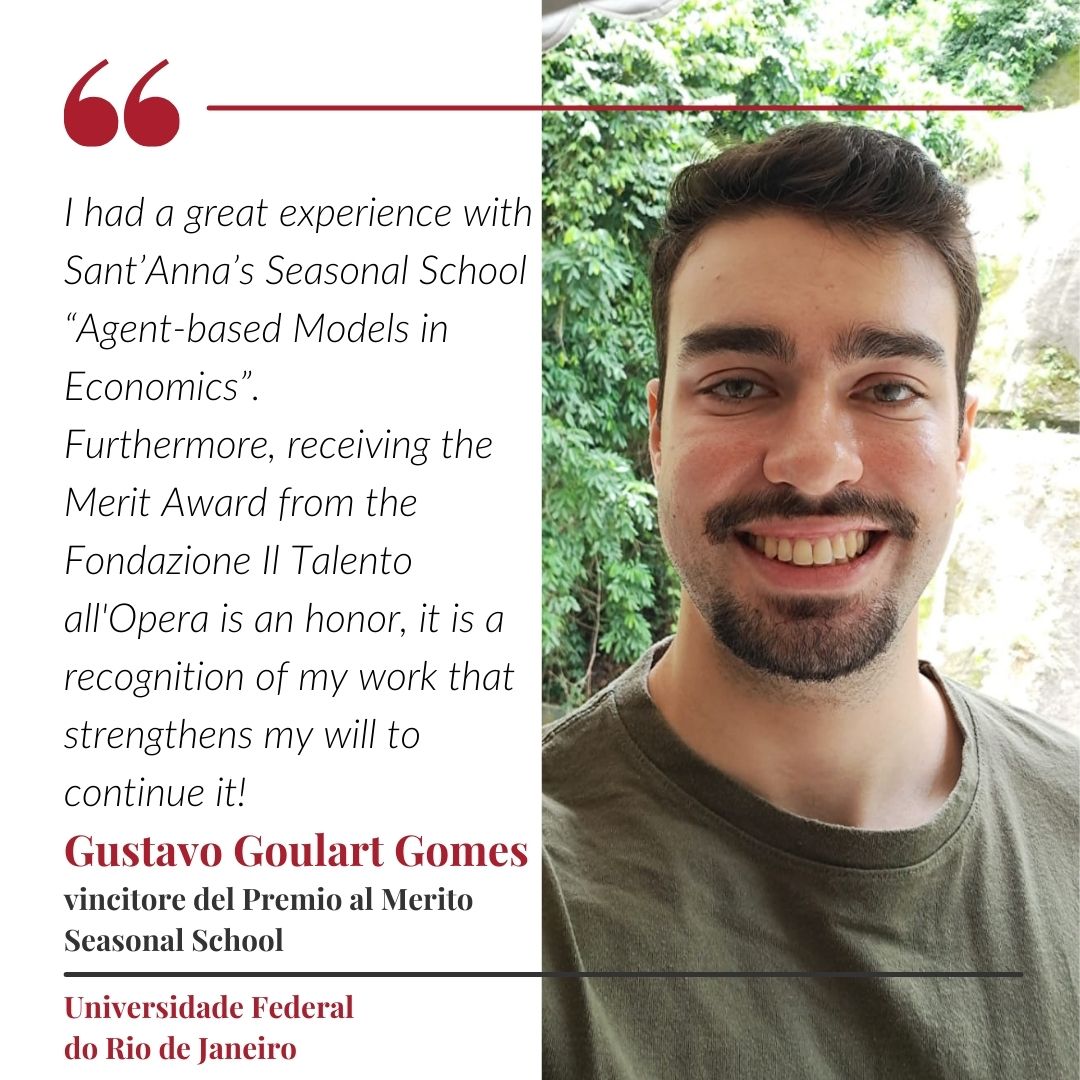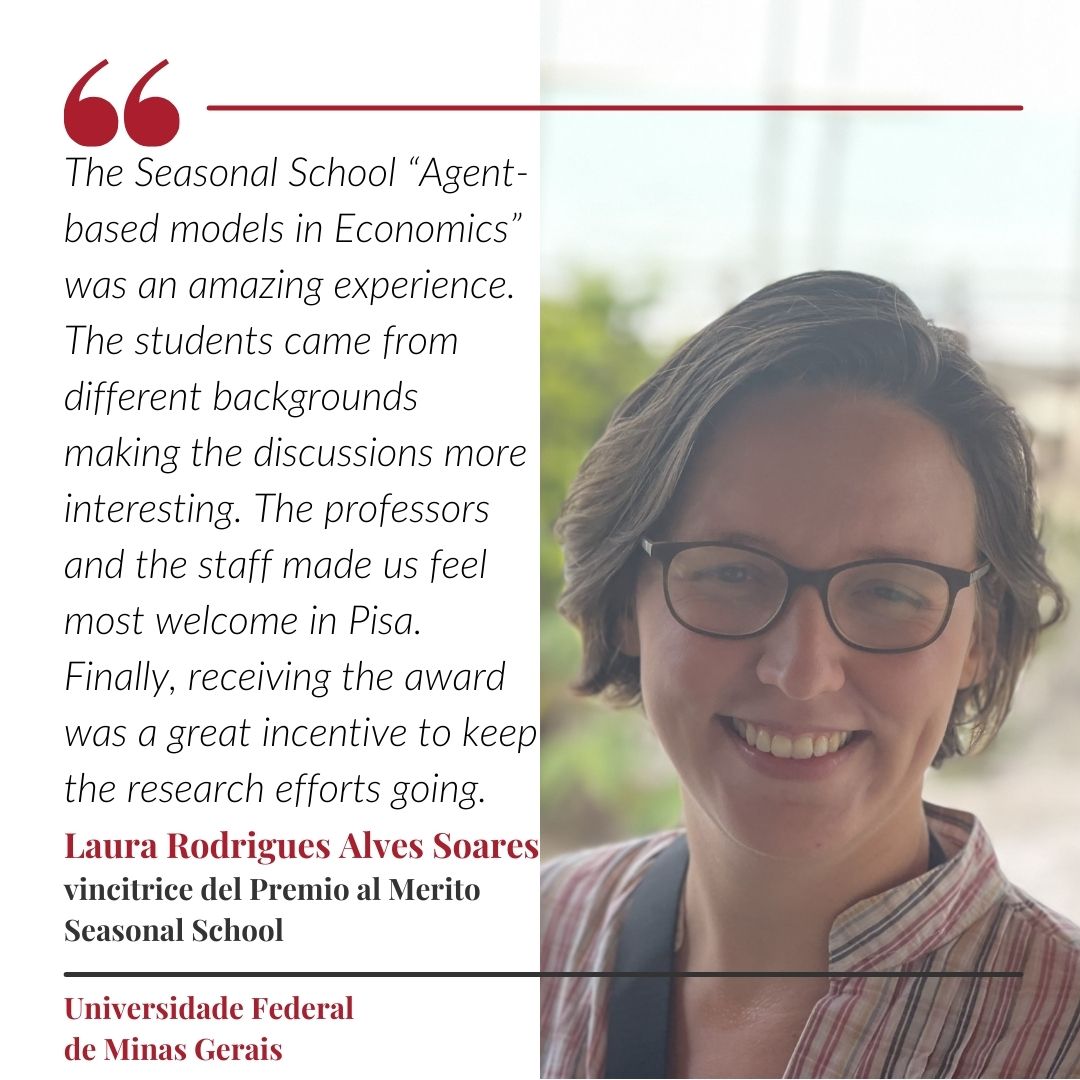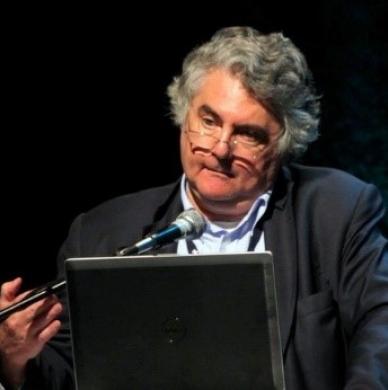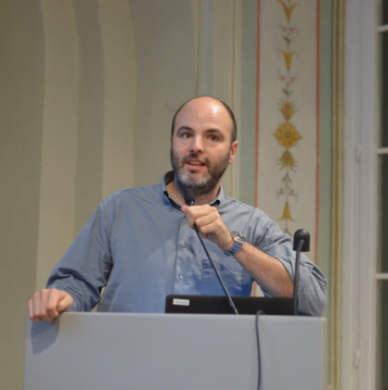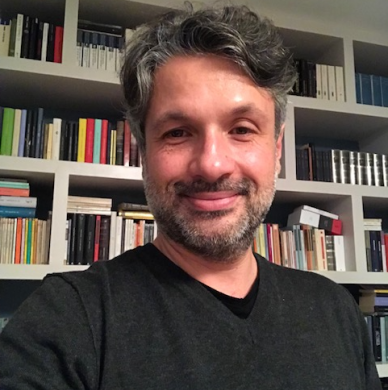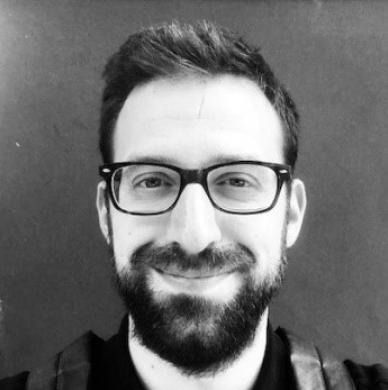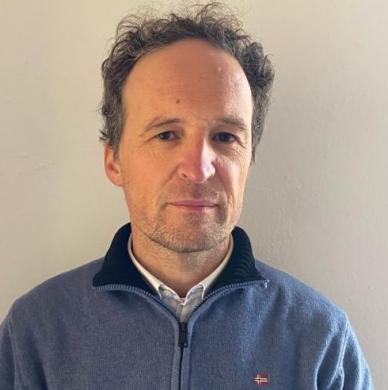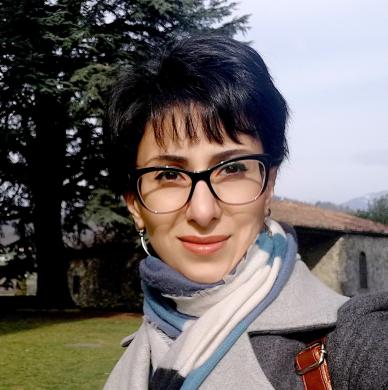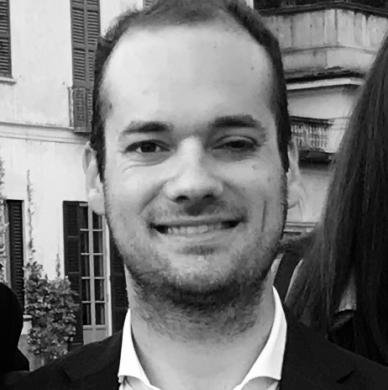ABMinECO - Agent-based models in Economics: theory, toolkit and policy laboratories


IV EDITION | ON SITE | APPLICATION
Deadline for Registration
April 30th, 2025
Period
July 7th-11th, 2025
Learning objectives
The Seasonal School is intended to achieve the following objectives:
- Learning of agent-based modelling techniques (ABMs) as a tool of analysis and interpretation of economic and social processes.
- Development and design of agent-based models through software laboratories (Laboratory for Simulation Development platform, LSD).
- Introduction to statistical and econometric techniques for the analysis of macro-evolutionary agent-based models (R software).
Competencies provided include:
- Theories and applications of agent-based models in micro and macroeconomics uncovering diverse thematic areas such as technical progress, business cycles, labour markets, economic growth, climate change.
- Empirical validation and analysis of models' parametric space.
- Scenarios-based analysis and policy experiments.
Teaching methodologies
Frontal lectures, keynote lectures, laboratories, students working groups.
Reference textbook of the course: "Dosi G, Roventini A. Agent-Based Macroeconomics: The Schumpeter Meeting Keynes Models. Cambridge University Press; 2025."
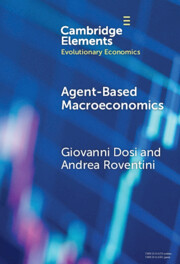
Target Participants
Master and PhD students in economics, statistics, physics, social sciences.
About us
Here are some statements released by the previous editions’ winners of the merit award offered by Fondazione Il Talento all’Opera and Fondazione EY.
Keynote speakers
Maria Nikolaidi - Associate Professor in Economics at the University of Greenwich
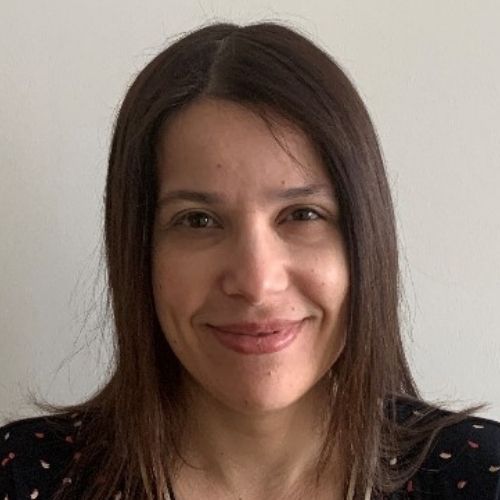
Mauro Napoletano - Full professor of Economics at the Université Côte d’Azur


